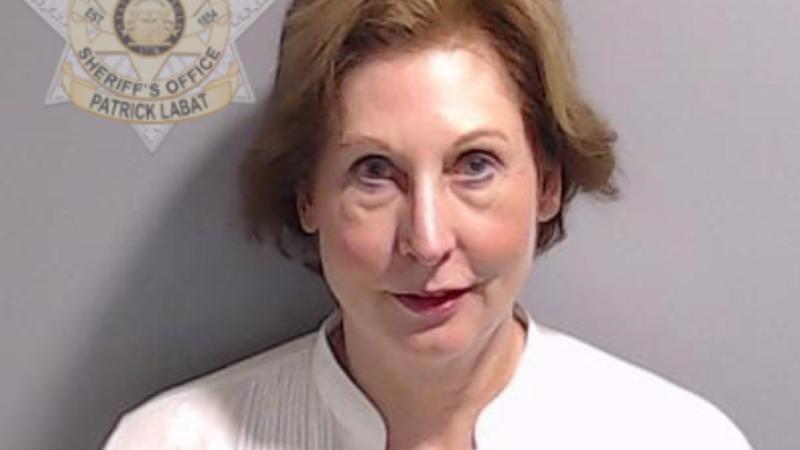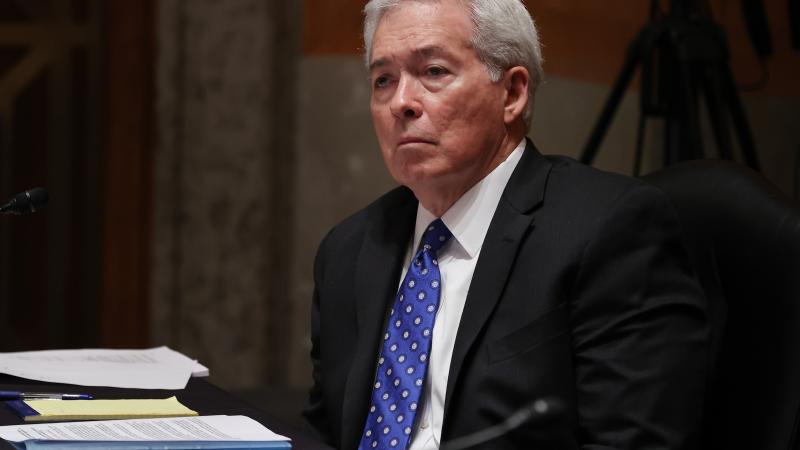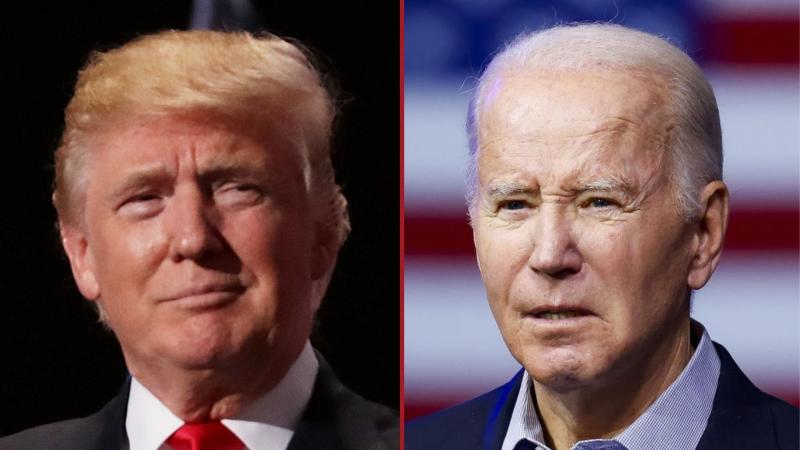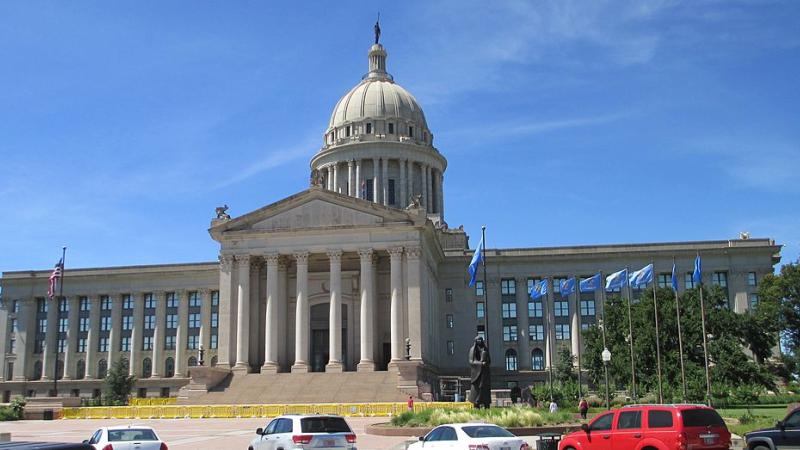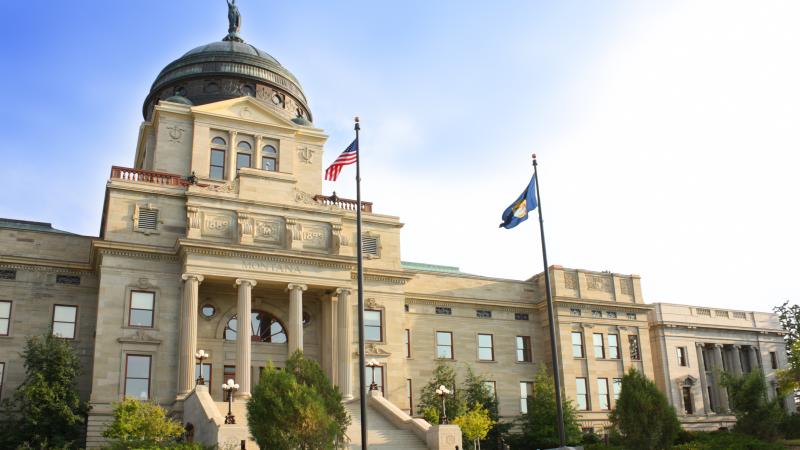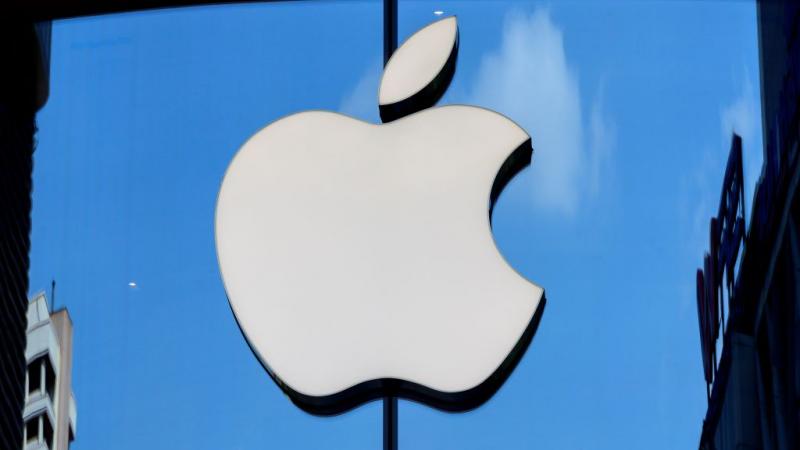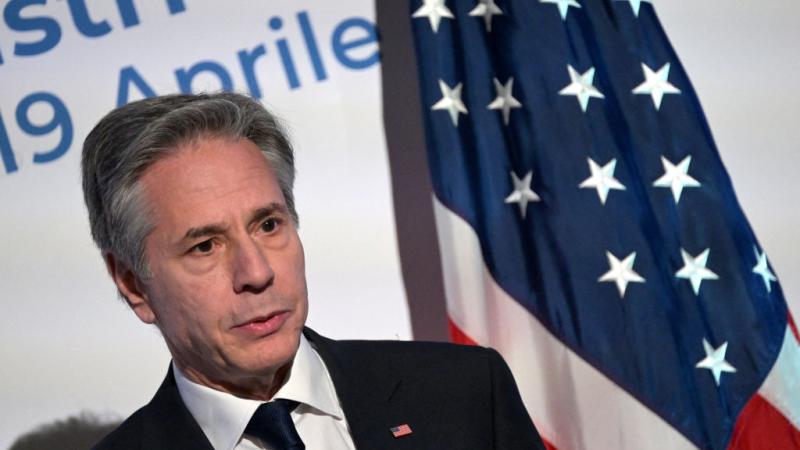'Epidemiologists of last resort': Appeals judges wary of vetting science on COVID vax mandates
Circuit split that piques SCOTUS interest seems less likely after oral arguments in Michigan State case. University's lawyer says mandate "can be based on speculation or hypotheticals."
The chances that the Supreme Court will consider COVID-19 vaccine mandates in higher education appeared to narrow Monday, judging by oral arguments in a challenge to Michigan State University's mandate by current and former employees with natural immunity.
6th U.S. Circuit Court of Appeals judges expressed skittishness about wading into scientific debates over natural versus vaccine-induced immunity and even closely reading the medical literature the plaintiffs introduced.
One of them fretted about acting as "epidemiologists of last resort" rather than letting mandates be "thrashed out in the state legislature." (The three judges — Raymond Kethledge, John Bush and Helene White — didn't identify themselves when speaking on the teleconference.)
The medical literature, including from the CDC, generally finds immunity from recovery at least as robust as from vaccination, most recently an International Journal of Infectious Diseases paper published on Thanksgiving.
"[W]e found little evidence for waning natural immunity" in a one-year study of unvaccinated Dutch hairdressers and hospitality staff who were recruited in summer 2020, Dutch public health researchers wrote in the Elsevier journal.
They found that "most participants continued to have detectable antibody levels for up to one year" after initial infection, with blood samples taken at 3-month intervals. The findings are important because the study subjects are "comparable to a general population" and may illustrate "natural boosting" through "frequent re-exposure [to COVID] at work."
But appeals courts have shied away from deeming natural immunity comparable based on scientific research cited in vaccine mandate challenges, making a circuit split that piques SCOTUS interest less likely.
Last month, the 9th Circuit refused to reinstate former University of California psychiatrist Aaron Kheriaty's natural-immunity lawsuit against the university system, which fired him after he sued. (MSU fired two plaintiffs, Kraig Ehm and D'Ann Rohrer, shortly before and after, respectively, they joined a suit by Jeanna Norris, a remote worker who belatedly received a religious exemption.)
Reviewing the UC mandate under the lowest tier of judicial scrutiny, known as "rational basis," the 9th Circuit panel concluded Kheriaty hadn't shown "any appropriate historical example" that workplace vaccine rules violate a "fundamental right" in the Constitution.
Stanford School of Medicine professor Jay Bhattacharya accused the 9th Circuit of ignorance and called the rational-basis choice "irrational" given the "huge effect" of the mandate.
Supreme Court Justice Amy Coney Barrett rejected an emergency injunction requested by Indiana University students in August 2021 to stop a 7th Circuit ruling upholding its vaccine mandate. That ruling and its wording were cited multiple times in Monday's 6th Circuit hearing.
New Civil Liberties Alliance lawyer Jenin Younes, who is representing the MSU plaintiffs, told Just the News she wouldn't jump to conclusions based on judges' questions. "It's really hard to predict how judges will rule based on argument," she said.
Younes tried to circumvent the tiers-of-scrutiny problem by arguing rational-basis review couldn't save an arbitrary vaccine mandate, even under the 1905 SCOTUS decision that upheld a Massachusetts town's smallpox vaccine mandate.
The Jacobson court "very clearly" said the ruling is limited to the facts of the case — a century-old vaccine known to stop transmission of a virus that is universally deadly, Younes told the judges.
By contrast, MSU imposed COVID vaccines that had been "widely in distribution for a few months" and are now acknowledged as not preventing transmission, she said. (The CDC first acknowledged widespread "breakthrough" infections in July 2021.)
"We don't even know what MSU's basis was for this mandate," especially in light of its acceptance of lower-quality Chinese vaccines, Younes said, adding that the trial court erred by prematurely deciding factual issues before discovery or a jury trial.
MSU relied on CDC guidance that emphasizes the personal benefit of vaccination, she said, comparing it to the CDC's recommendations on cooking ground beef. It would be like firing employees "for eating meat medium rare."
Asked for rulings that "parse out Jacobson," Younes cited a 7th Circuit ruling in August that rejected preliminary injunctions against Illinois COVID vaccine mandates because plaintiffs "failed to develop factual records to support their claims."
That appeals panel called Jacobson "factually ... legally and historically distinguishable" because smallpox is so much more dangerous and its vaccine is "sterilizing." But it emphasized that Jacobson said a policy must have a "real or substantial relation" to the problem.
There's nothing in the Constitution about "bodily autonomy" or even the "substantive due process" that Younes invoked to defend such a right, a judge said, perhaps alluding to Justice Clarence Thomas' call to reevaluate all substantive due process precedents after SCOTUS struck down Roe v. Wade.
"It's quite a significant thing to say" that immunity from infection versus vaccination, complicated by "severity" and viral strain, are "matters for judges to decide," a judge said. Natural immunity "wears off" too, Judge White added.
The MSU mandate, which now requires at least one booster, is "reasonably related to governmental interest," the university's outside lawyer Stephanie Gutwein told the judges.
The plaintiffs must "negate every conceivable basis" for the mandate, which is based on MSU's interest in "furthering the safety and public health of its community ... and the surrounding community," she said. Even a draw on protection between vaccination and recovery is enough to justify the mandate.
She said MSU has granted about 5,000 religious and 1,000 medical exemptions to the mandate, out of a campus population around 65,000.
Judge White asked if recently recovered students were "entitled to some sort of medical postponement," perhaps 90 days. MSU's medical exemption is based on the CDC's "contraindications," which don't provide for a recovery delay, Gutwein responded.
Getting injected "seems to be a little different" than traffic laws such as stopping at a red light "even if there are no cars around," White said, questioning whether rational-basis was the right test for a vaccine mandate.
It is, Gutwein said, because "this vaccination is intended to promote public health and safety ... even if it seems unreasonable to some, the governing body and not the court" is in the best position to decide.
MSU has provided "zero scientific evidence" to flesh out its claim that COVID vaccination "provides additional protection" for recovered people — a "conclusory mantra that one seems to hear a fair amount," a male judge said.
It doesn't need to, Gutwein replied: The mandate "can be based on speculation or hypotheticals." Even if it recognized natural immunity, MSU would have to make judgments on minimum antibody levels, which are "very individual-specific," she said. This seemed to give Judge White pause.
In her rebuttal, Younes emphasized that higher antibody levels following vaccination do not equate to "clinical benefit" or reduced transmission. Everything Gutwein said to diminish natural immunity applies to COVID vaccines, she argued, saying, "It's really just this myth" that vaccines are better.
The Facts Inside Our Reporter's Notebook
Links
- Michigan State University's mandate
- including from the CDC
- International Journal of Infectious Diseases
- MSU fired two plaintiffs
- Jay Bhattacharya accused the 9th Circuit of ignorance
- rational-basis choice "irrational"
- Amy Coney Barrett rejected an emergency injunction
- 7th Circuit ruling upholding its vaccine mandate
- CDC first acknowledged widespread "breakthrough" infections
- CDC's recommendations on cooking ground beef
- 7th Circuit ruling in August
- Justice Clarence Thomas's call to reevaluate



